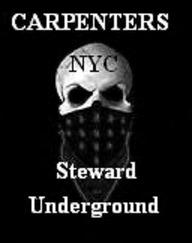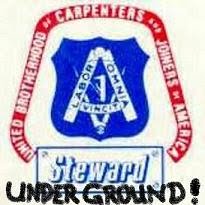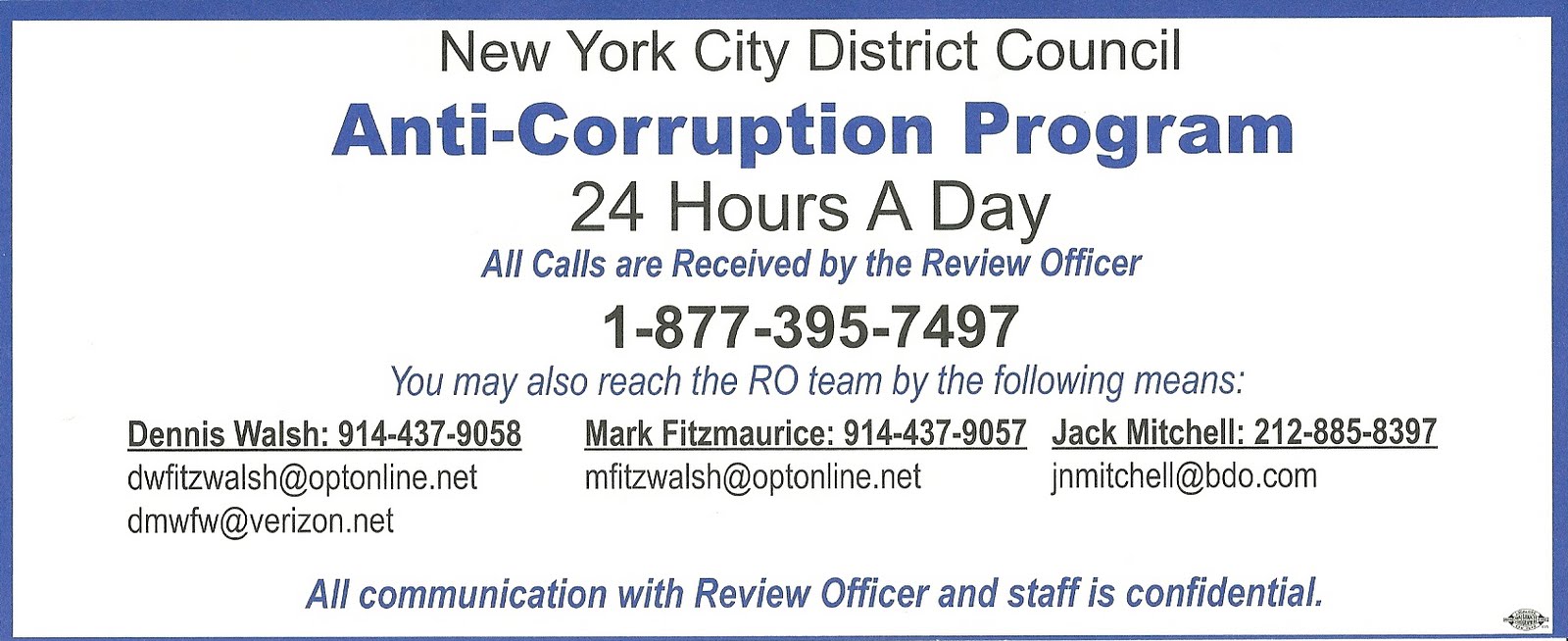The following is a Cross-Post from an article titled For The Members . We do not know the author but we believe it to be important information for the activists among us. Also visit Robert's Rules Of Order for a more in depth understanding of how Parliamentary Proceedings (meetings) are conducted.
"You can't bring that motion up now" (B.S. You Can!)...
A few tips on local meetings for newly active members
The Minutes — If something important happened at the previous meeting, listen to the "reading of the minutes" of that meeting to make sure that they accurately recall what happened. If you think there has been a mistake, be sure to try to get it corrected.
Communications — Important mail comes in, some from other locals criticizing some aspect of the leadership’s handling of affairs. Be sure these are read under communications. It’s helpful to get your local to concur’ (support) where you think it’s an important issue. To do this, ask that the communication be "referred to new business" and under that part of the meeting, make a motion that your local ‘‘concur" in the communication and that a letter be sent in reply notifying the sender that you’ve done so.
Good of the Order — Under this order of business, you may get up and comment on any matter that you want to comment on. No motion can be made under this order of business.
New Business — this is where you make motions. If you want your local to send out a letter to other locals in the Regional Council, for instance, you should stand up under this order of business and say, "I move that this local send a letter on " to the other locals of the Regional Council. Sometimes it is helpful to write the letter in advance and include this as part of the motion. It also helps to arrange to have someone second your motion in advance. After the motion is made and seconded, then you or anybody else can speak on it.
The leadership of some locals claim that membership-voted expenses of over a set amount must be first recommended by the Executive Committee. This has been used to prevent the membership from voting to send out mailings critical of the upper leadership. Section 54 of the UBC constitution regulates the funds of the local unions. There is no such requirement in this section.
Its Your Union, don’t let them freeze you out of the process!







